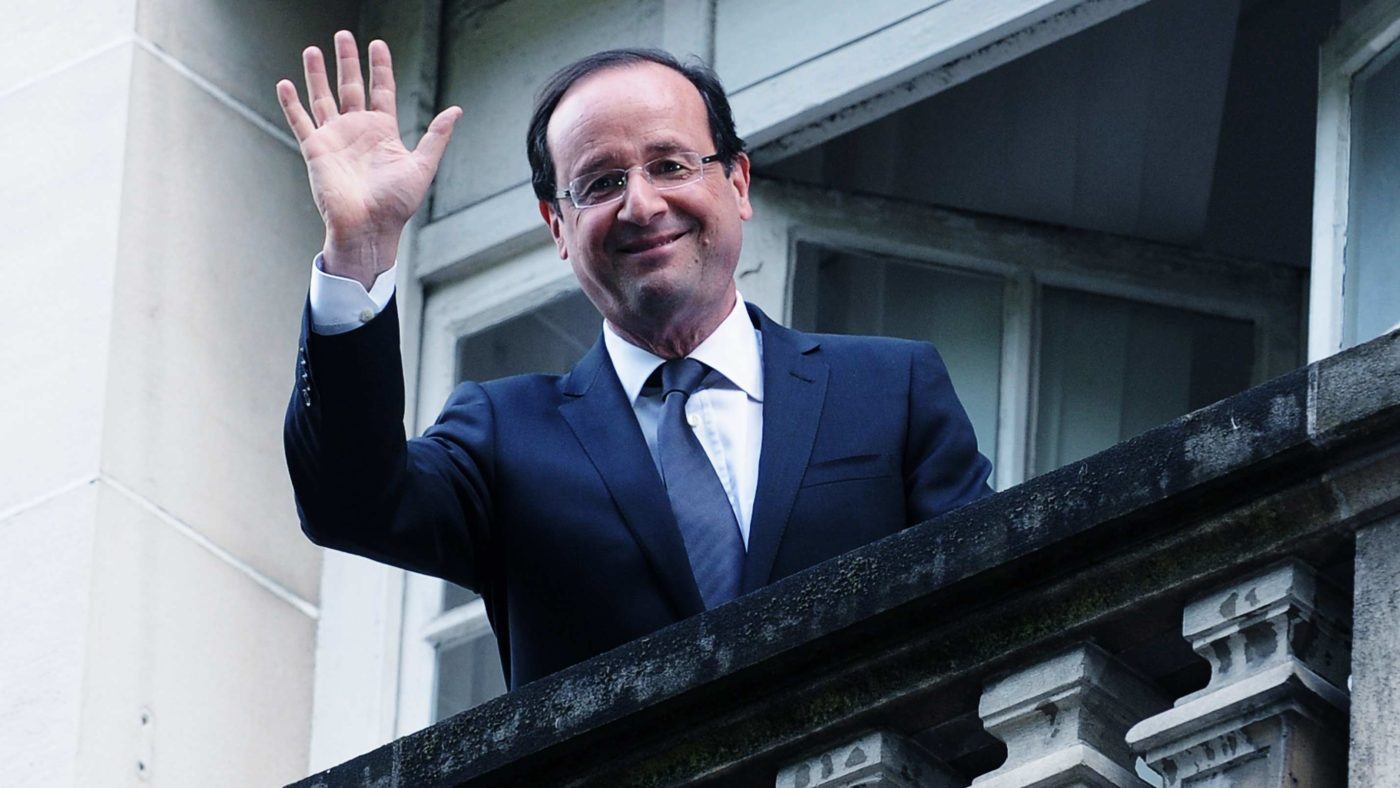After the results of the French Socialist primary came in at the weekend, there were breathless reports that Corbynism had crossed the Channel. But the truth is that the Socialist Party was in trouble long before this weekend.
In the polls on Sunday, the former prime minister and erstwhile front-runner, Manuel Valls, came second with 31.1 per cent of the vote, with Benoit Hamon, a former education minister and traditional socialist, comfortably topping the polls with about 36.4 per cent.
Both will go forward to the run-off next weekend – but the anti-austerity, pro-guaranteed-income candidate, Hamon, has the advantage. Arnaud Montebourg, who placed third, has already endorsed him, saying the party wants an end to austerity and a return to the socialist policies abandoned by François Hollande and his then prime minister Valls. Valls, meanwhile, is desperately trying to appeal to the moderates in his party.
The trouble is that neither candidate is a credible. Nor, thanks to Hollande’s woeful efforts, is the party as whole.
And so, next week, those who are still interested in the Socialist party (less than two million voted on Sunday, compared with 4.3 million in the first vote for the rival Republicans) will pick a French Jeremy Corbyn, who will be fighting for (at best) fifth place in the presidential election.
For now, the presidential race is dominated by the winner of the Republican poll, the liberal François Fillon (centre-Right), Marine Le Pen (far-right), and Emmanuel Macron (the centre-left former chancellor and adviser to Hollande, who broke with the Socialist Party last year to stand as an independent). Next comes Jean-Luc Mélenchon, the far-Left candidate and admirer of Robespierre.
Interestingly, Le Pen and Mélenchon both have very similar economic plans, based on interventionism, protectionism and hostility towards Europe.
But the current president’s economic policy is only one reason the Socialist Party is dying. Globalisation is the other.
First, the economics. The French Socialists have been running the country for five years. During the 2012 campaign, Hollande was pretty vague on economic policy, talking about the need to reinforce our competitiveness (suggesting a supply-side policy), to regulate the financial sector (“I have only one enemy: finance”) and to “re-orientate” Europe toward a pro-growth economic policy (though this was never precisely defined).
It soon became clear that Hollande had no detailed economic programme. Nor could he drive a well-prepared and structured policy. A few measures – to decrease labour costs and to relax regulations – were steps in the right direction. But for the French population as a whole, and even for some of his own politicians, Hollande’s policy was inconsistent and incoherent.
Hollande is unflatteringly described as a man of “synthesis”. That is maybe why his policy was so wishy-washy: it was supply-side enough to lose many of his political allies, but not liberal enough to deliver positive results.
As a result, at the end of his time in office, the unemployment rate has only slightly decreased and is still close to 10 per cent (25 per cent for the young, which is above the European average). Among an active population of 29 million people, 4.5 million are suffering from underemployment. GDP growth is low, at about 1.5 per cent.
In fact, the only good news is the sharp reduction of the deficit, which is now close to 3 per cent of GDP. But even that came at a price: the huge rise in taxation started by Sarkozy and continued under Hollande (from 41 per cent of GDP in 2009 to 44.7 per cent in 2015) which put a brake on growth. And in spite of all these efforts, national debt is now at an all-time high, at 96 per cent of GDP.
Naturally, during the first round of the primary campaign, the Socialist candidates (above all Benoit Hamon) energetically tried to distance themselves from Hollande’s policy and insisted that their future programs will be more distinctly Left-oriented.
It remains to be seen if the electorate will be convinced: all of the candidates, including Hamon, held important responsibilities in Hollande’s government.
But the second reason why the winner of next week’s primary will not be elected to the presidency is because of something common to socialism in many Western countries. Looking at the performance of socialist or social-democratic parties since the 1980s, you see that it peaked in 2008 but has strongly declined since.
Traditional Left-wing parties have encountered huge difficulties in the USA, UK, Germany, Spain, Greece and so on. The reason was not the collapse of the Berlin wall, since Left-wing parties were very popular in the 1990s and the first part of the 2000s.
The 2008 recession may have had something to do with the decline of socialism, but it wasn’t the fundamental reason. After all, the Left surely wasn’t sent into its death spiral by an economic crisis deemed by all Western media to be a consequence of financial deregulation. The cause must be deeper.
Perhaps, as people face the consequences of globalisation and its attendant creative destruction, they are either seeking protectionism or economic dynamism.
Protectionism is embodied in the policy and programs of the radical Left or far Right, and economic dynamism is represented by liberals. Protectionism is also counter-productive. But globalisation and creative destruction create many winners and a few losers. And as Britain knows and France is learning, the socialist parties are in the latter category.


